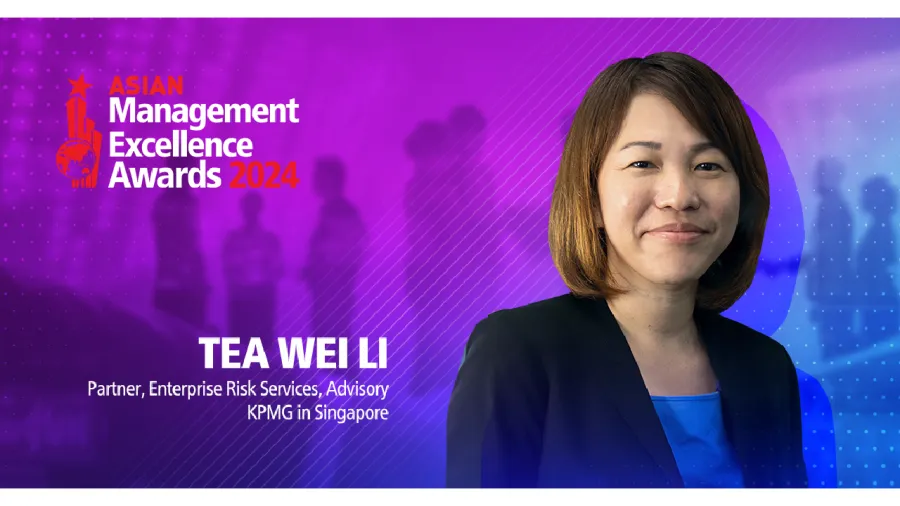
Tea Wei Li of KPMG in Singapore: Leveraging technology crucial for effective risk mitigation
The KPMG Partner underscored the need for real-time data and agile decision-making in risk planning.
The dynamic and rapidly evolving business management landscape in Asia requires a keen understanding of emerging challenges and innovative strategies for effective risk management and corporate governance. To navigate these challenges successfully, business leaders need to adopt a flexible, discerning and forward-thinking mindset to react decisively in an ever-changing Asian business ecosystem.
Tea Wei Li, Partner, Enterprise Risk Services, Advisory, KPMG in Singapore, is no stranger to this. With over 23 years of governance and risk-related experience, she provides valuable insights into navigating these complexities. Her extensive career spans Singapore, Hong Kong, and China, focusing on internal audit, enterprise risk management, and corporate governance.
With a wealth of experience, she has played a pivotal role in reviewing corporate governance practices in public listed companies and pre-IPO entities. Additionally, Wei Li conducts risk management workshops, emphasising the importance of real-time insights and agile decision-making in a volatile market.
As a judge in the Asian Management Excellence Awards, she sheds light on what business leaders need to focus on to reduce exposure to unwanted risk and reputational failures.
Growing complexity of the risk landscape
With the business landscape today highly complex and volatile, businesses will need to be on their toes and be prepared for emerging and escalating threats. It is imperative that the approach to risk readiness is frequently relooked to effectively address these challenges that can impact financial stability and business reputation.
Regular assessment is ever more so important given the interconnectedness of the business landscape, which has complicated the type and severity of risks that businesses face. For one, this interconnection has made risks much more pervasive, with the potential to impact businesses across industries. For example, we see that climate risk is not just isolated to businesses in the environmental sector, but has many ripple effects and indirectly affects many other businesses in the value chain, from the financial sector to supply chains.
Risks these days are also multi-dimensional and are not easily categorised. They can often trigger multiple secondary risks. For example, social instability such as conflicts can lead to job losses and possible fiscal crises.
Using technology for risk mitigation
Regardless of the types of risks, well-functioning internal control systems are crucial tools in risk management.
Wei Li said: “Well-functioning and well-monitored internal control systems act like additional scouts for the company, defining processes and policies that can help to get an accurate picture of the size and scope of the potential crisis. If these systems are supported by high-quality data, they may be able to detect risk triggers and provide a valuable opportunity for a company to get ahead of the crisis before it hits, thereby minimising unwanted damage to the organisation.”
Apart from having robust internal systems, an effective use of advanced technology, such as advanced analytics and machine learning algorithms, can be a powerful tool in managing threats.
For example, by using digital twin technology, a mockup of real-world scenarios can be created to enable a more accurate assessment of vulnerabilities and risks.
One way to handle risk effectively is to shape risk planning around real-time data insights, agile decision-making, and proactive planning and training, Wei Li said. For example, the adoption of advanced risk intelligence techniques and continuous monitoring capabilities can help to predict outcomes and identify and assess potential risks. Companies can then use this data to create a more proactive risk posture.
Wei Li also stressed the importance of preventing data silos within the enterprise, where a collection of data is inaccessible to other parts of the company hierarchy or mainly controlled by a particular group. Collaboration plays a key role in developing comprehensive risk mitigation strategies, and data silos can prevent synergies derived through collaboration.
Striking a balance
Whilst much has been said about the importance of risk management, excessive safeguards can be a hindrance to business operations and innovation.
One way to overcome this and accurately assess if the company’s risk management approach is adequate is by pegging performance metrics to risk management practices. For example, companies that are performing better may be able to afford taking on higher risks.
Wei Li said: “Assessment of risks are subjective by nature. The evaluation of risks should not solely rely on quantitative data, risk information should always be contextualised. A risk that appears severe when considered in isolation may be brought down to an acceptable level via appropriate risk management strategies. Looking at risk from this perspective can reduce the chances of excessive risk management.”
Ultimately, given the dynamic nature of risk management, it is essential that company leaders embody the right mindset and culture to take bold but prudent steps to manage risks. This is a quality that she is on the lookout for as a judge in the Asian Management Excellence Awards.
The tone set by leadership, a continuous commitment to improvement, and resilience in navigating challenging business landscapes are key factors that make an entry stand out, Wei Li said.
Tea Wei Li's insights provide a holistic perspective on the evolving Asian business management landscape, highlighting the need for adaptability, technology adoption, and a proactive approach to risk management. As organisations strive for excellence, these insights serve as a valuable guide in navigating the complexities of the modern business environment.
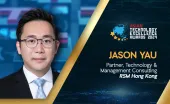




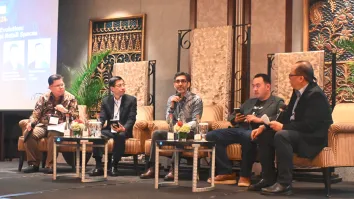

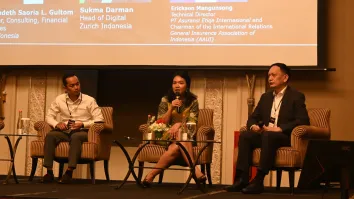

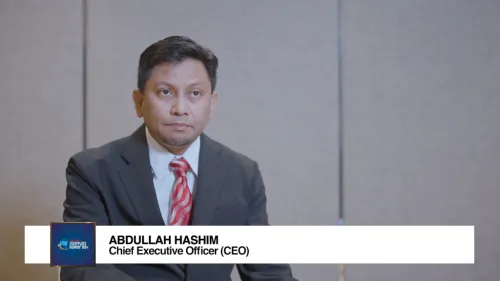
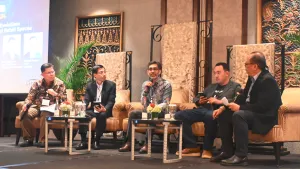
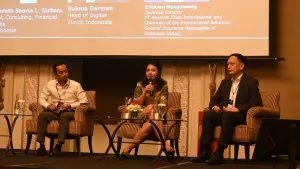
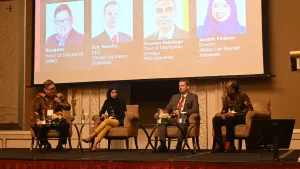
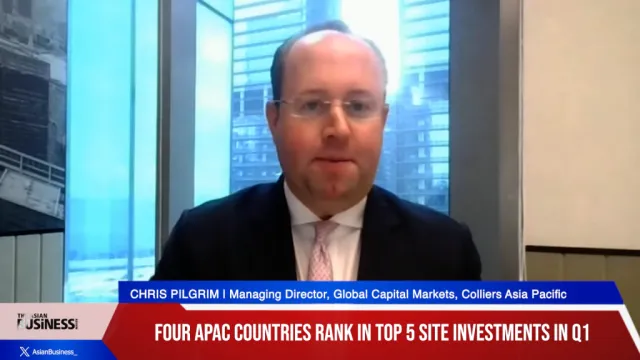
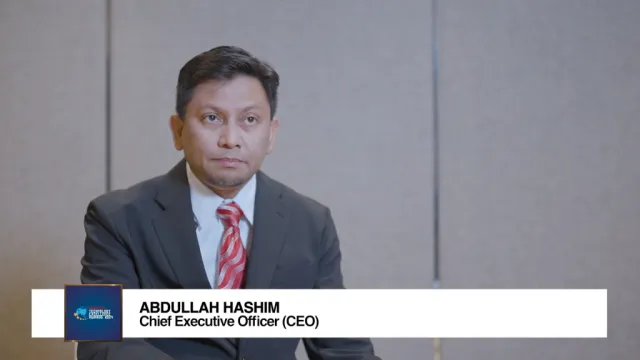
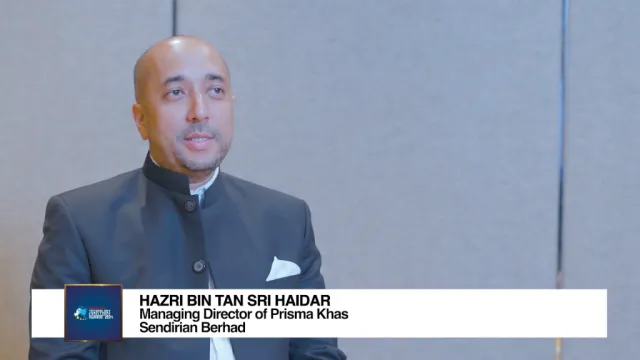
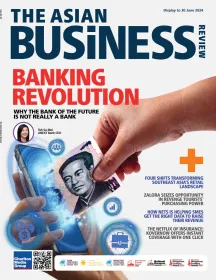
 Advertise
Advertise







